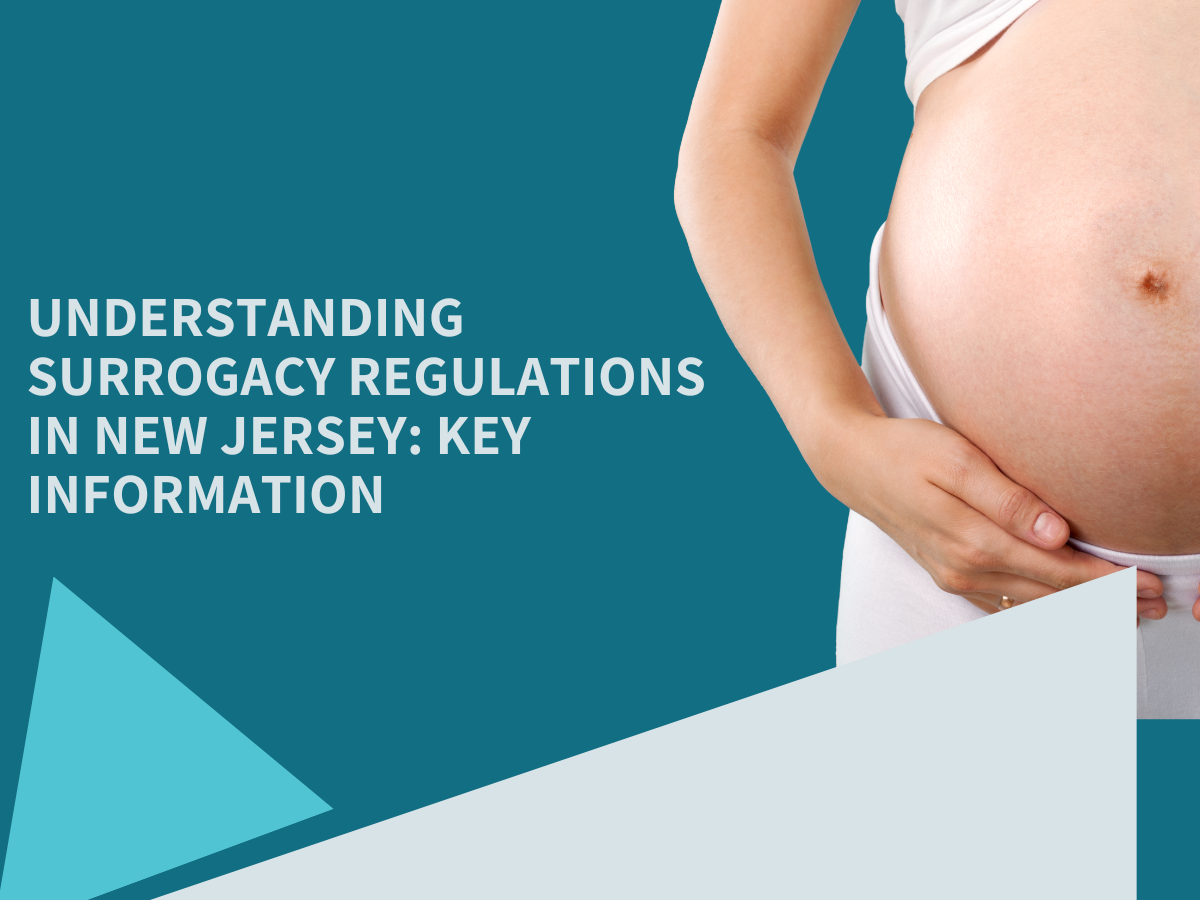In recent years, surrogacy has emerged as a beacon of hope for many individuals and couples dreaming of parenthood. Once considered a path exclusively for celebrities and the wealthy, surrogacy has become increasingly accessible, offering a viable solution for those facing infertility, same-sex couples, and singles ready to embrace parenthood. As we delve into this topic, let’s explore the intricacies of surrogacy, dispel common misconceptions, and provide a comprehensive guide for those considering this life-changing journey.
The Rise of Surrogacy: A Growing Trend
The surrogacy landscape has witnessed significant growth over the past few decades. Between 1999 and 2013, an impressive 18,400 infants were born via surrogacy. This figure highlights the increasing acceptance and utilization of surrogacy as a means to build families. The trend has continued to accelerate, thanks in part to high-profile celebrities who have openly shared their surrogacy experiences, helping to normalize and destigmatize the process.
Understanding Surrogacy: Traditional vs. Gestational
One of the most crucial distinctions in the world of surrogacy is the difference between traditional and gestational surrogacy. Let’s break down these two approaches:
Traditional Surrogacy: A Less Common Approach
Traditional surrogacy, also known as “full” or “genetic” surrogacy, involves a surrogate who is both the egg donor and the carrier of the pregnancy. In this process:
- The surrogate’s egg is fertilized using sperm from either the intended father or a donor.
- Fertilization typically occurs through intrauterine insemination (IUI).
- The surrogate carries the baby to term and then relinquishes her parental rights after birth.
While traditional surrogacy has been successfully completed in many cases, it comes with significant legal and emotional complexities. Most states lack comprehensive legal protections for intended parents in situations where a surrogate might change her mind about relinquishing the child. This potential for complications has led most surrogacy agencies to focus exclusively on gestational surrogacy.
Gestational Surrogacy: The Modern Standard
Gestational surrogacy has become the go-to method for most surrogacy arrangements today. In this process:
- The surrogate, often referred to as a gestational carrier, has no biological connection to the child.
- An embryo is created through in vitro fertilization (IVF) using eggs and sperm from the intended parents or donors.
- The embryo is then implanted into the surrogate’s uterus.
This approach offers several advantages:
– Clearer legal standing for intended parents
– Reduced emotional complications for the surrogate
– Greater flexibility in genetic options for the child
The Surrogacy Process: What to Expect
Embarking on a surrogacy journey is a significant decision that involves multiple steps and considerations. Here’s an overview of what you can expect:
1. Choosing an Agency
Selecting the right surrogacy agency is crucial. Look for an experienced agency with a strong reputation and a commitment to supporting you throughout the entire process. While location and cost are factors to consider, the most important criteria are the agency’s experience, reputation, and level of support.
A reputable agency will:
– Guide you through legal details
– Facilitate communication between intended parents and surrogates
– Arrange medical care and screening
– Handle paperwork and negotiations
2. Matching Process
The average wait time for matching intended parents with a gestational surrogate is 6 to 9 months. This process involves careful screening and consideration of both parties’ preferences and expectations.
3. Medical Procedures
Once a match is made, the medical process begins:
– For gestational surrogacy, this involves IVF treatments
– The surrogate undergoes embryo transfer
– Upon successful conception, the surrogate is released to the care of her chosen OBGYN
4. Legal Considerations
In gestational surrogacy, intended parents typically obtain a pre-birth order while the surrogate is pregnant. This legal document:
– Establishes the intended parents’ legal rights to the child from birth
– Ensures the intended parents’ names will be on the birth certificate
– Provides legal protection and peace of mind for all parties involved
5. Pregnancy and Birth
Throughout the pregnancy, communication between the surrogate and intended parents is key. Many develop a close bond during this time, sharing updates and milestones. The level of involvement of intended parents during the pregnancy and birth is typically outlined in the surrogacy agreement.
Who Should Consider Surrogacy?
Surrogacy can be an excellent option for various individuals and couples, including:
– Couples experiencing infertility issues
– Same-sex couples wanting to start a family
– Single individuals ready for parenthood
– Older women who want a biologically related child but face age-related or medical barriers to carrying a pregnancy
The Emotional Journey
It’s important to acknowledge that surrogacy is not just a medical and legal process—it’s also an emotional journey for everyone involved. Both surrogates and intended parents may experience a range of emotions throughout the process.
For surrogates:
– Feelings of attachment to the baby are natural and expected
– Many find joy in helping another family achieve their dreams
– Counseling and support are typically provided throughout the journey
For intended parents:
– Excitement and anticipation are common
– Some may experience anxiety or stress about the process
– Support from the agency and possibly additional counseling can be beneficial
Financial Considerations
The cost of surrogacy can vary widely depending on various factors, including:
– Type of surrogacy (traditional vs. gestational)
– Medical procedures required
– Legal fees
– Agency fees
– Compensation for the surrogate
While traditional surrogacy may have lower medical costs, it can potentially incur higher legal fees due to the more complex legal situation. Gestational surrogacy, while potentially more expensive upfront, often provides more legal certainty and emotional clarity for all parties involved.
Looking to the Future
As surrogacy continues to grow in popularity and acceptance, we can expect to see:
– More comprehensive legal frameworks developing around surrogacy
– Increased public awareness and understanding of the process
– Continued advancements in reproductive technologies
For those considering surrogacy, whether as intended parents or as a potential surrogate, it’s crucial to approach the journey with open eyes and a strong support system. Working with a reputable agency, understanding the legal and emotional implications, and maintaining clear communication throughout the process are key components of a successful surrogacy journey.
Surrogacy offers a unique and beautiful path to parenthood, one that has already brought joy to thousands of families worldwide. As we continue to navigate the complex landscape of modern family-building, surrogacy stands out as a testament to the power of human compassion, scientific advancement, and the enduring desire to create and nurture life.














